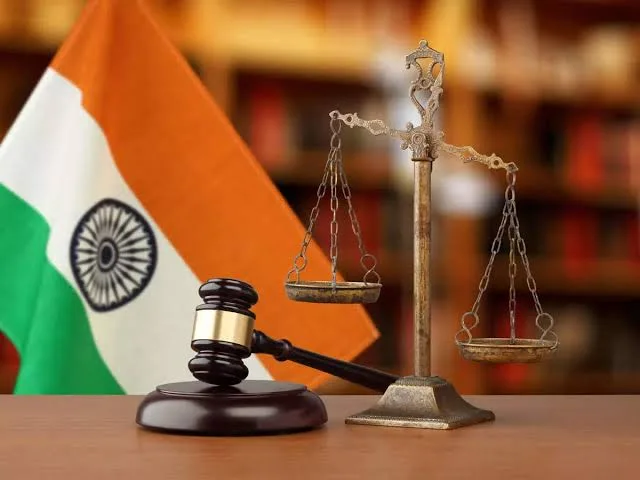Law commission recommends retaining criminal defamation as offense

Law commission recommends retaining criminal defamation as offense
The 22nd Law Commission, in its 285th report submitted to the Union Law Ministry, has recommended the retention of criminal defamation as an offense within India’s criminal laws. The commission, highlighting that not all expressions and publications merit protection under free speech rights, emphasized the importance of safeguarding the right to reputation as a facet of Article 21 (right to life and live with dignity) of the Constitution.
The report comes following the recent approval of the Bharatiya Nyaya (Second) Sanhita, 2023, seeking to replace the existing Indian Penal Code, 1860. The commission underscored the significance of protecting one’s reputation against defamatory speech and imputations, stating that reputation is an intangible asset that requires adequate protection. The report argues that restrictions on speech are necessary to prevent harm to an individual’s reputation, considering its role in societal imputations.
The commission rejected the notion that criminalizing defamation impedes freedom of speech, emphasizing the balanced approach of Indian law in protecting reputation and speech. The report cited the Organization for Security and Co-operation in Europe (OSCE) to illustrate that many European countries provide imprisonment as a possible punishment for defamation without hindering economic and political developments.
The recommendation aligns with the recently approved Bharatiya Nyaya (Second) Sanhita, 2023, which retains defamation as a penal offense while introducing community service as an alternative punishment.
The commission applauded the balanced approach of the new law, striking a balance between protecting the right to reputation and preventing misuse through community service.
The report follows an extensive study by the commission, analyzing the history of defamation law, its relationship with freedom of speech, and various court judgments.
The Supreme Court’s 2016 decision in the Subramaniam Swamy Vs Union of India case, affirming the constitutionality of criminal defamation, influenced the commission’s comprehensive study.
While some legal experts argue that criminalizing defamation is not suitable for a modern civilized society, emphasizing the need for exemplary monetary damages, the commission contends that the Indian legal system’s challenges in delivering timely civil justice necessitate a combination of civil and criminal measures for effective deterrence.









